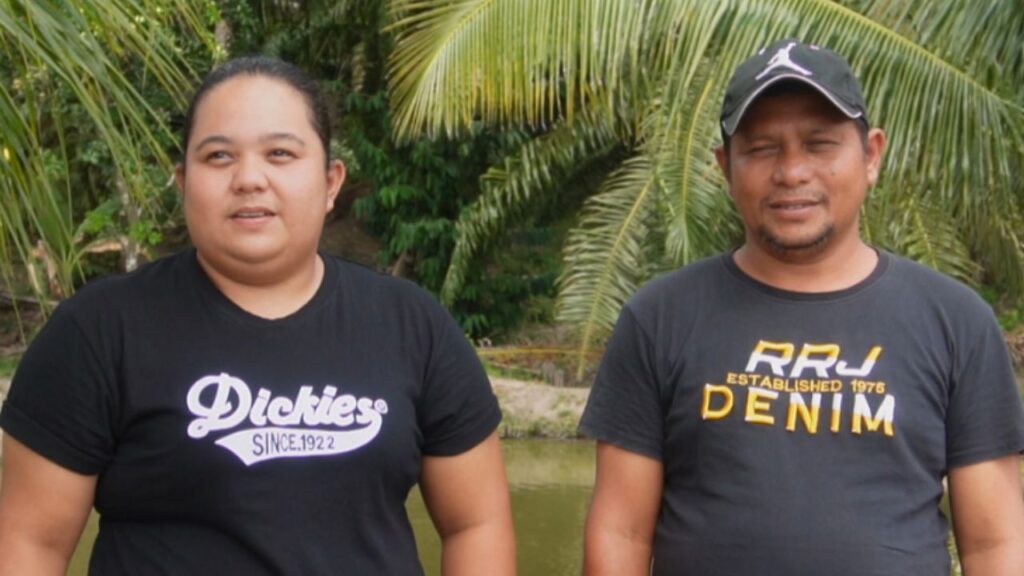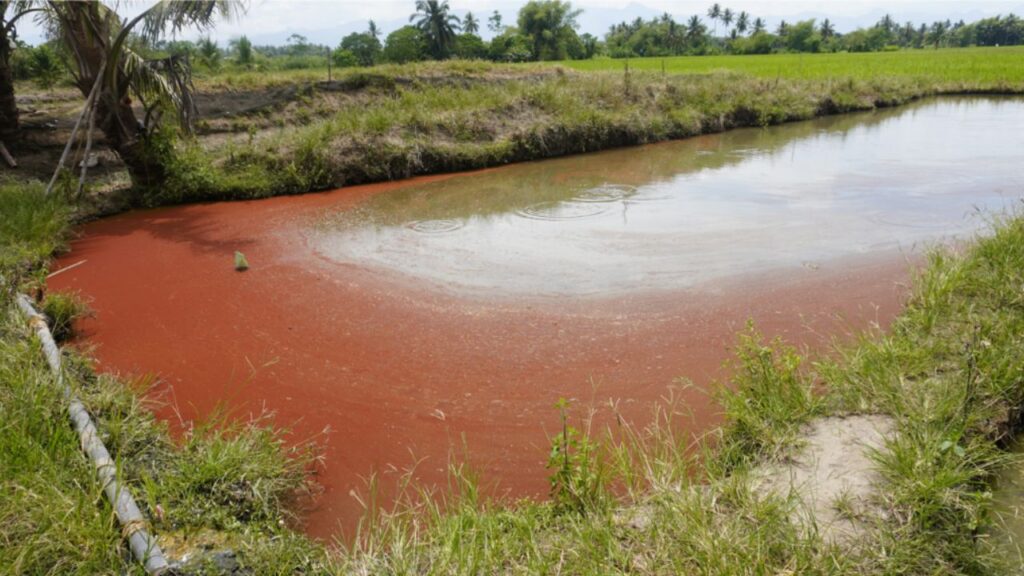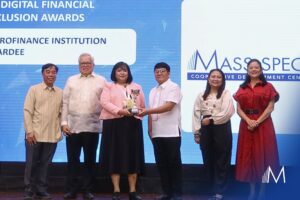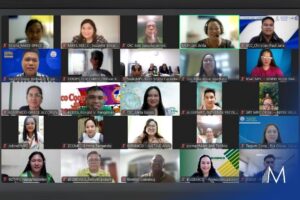#CoUPDATE MASS-SPECC unveils IYC CO-OPmunity Murals across Mindanao A collective...
Read MoreAGRIBEST: EMPOWERING FARMERS, EMPOWERING LIVES
In the Philippines, smallholder farmers are the backbone of the agricultural sector. However, they are often marginalized and lack access to the resources needed to succeed.
The AgriBEST (Agri-based Enterprise Systems) program, launched by MASS-SPECC, is an inspiring initiative to empower smallholder farmers, develop co-operatives, and promote sustainable agriculture.
The program recognizes that poverty is a significant issue in Mindanao and that smallholder farmers are particularly vulnerable. Through the program, farmers receive technical training, financial support, and market linkages that enable them to increase theirproductivity and income while also promoting environmental sustainability.
“We are happy that MASS-SPECC introduced AgriBEST to us because it really addressed our needs,” shares Sheila Marie Apacible, General Manager of Banga Agrarian Reform Community Cooperative (BARCCO).
“At present, the status of our rice farming is not good, we’re struggling, so we are looking for other ways to help our members get extra income.”
One of the key benefits of the AgriBEST program is its focus on developing co-operatives. Co-operatives are a powerful tool for promoting economic development and social inclusion, and the program is working to build the capacity of smallholder farmers to organize themselves into clusters.
“To become part of the project, a member needs to have at least 300 sqm of land to be cultivated for rice farming and hito (catfish) production,” Apacible says.
“We are now in the second cycle of our hito production and we plan on creating a cluster for those who were successful so they can help us in the monitoring and in assisting other members,” she says.
Financial support is another key component of the AgriBEST program. Farmers have access to credit, government support, new technology, and even business development services.
“Hito production was challenging at first, but thank God, we were able to learn a lot from the training and now we are able to harvest already,” shares Monico Defenio Jr., a former OFW and a present member of the BARCCO Board of Directors.
“Clustering is good for us because we get inputs from individuals and we can help one another, especially in monitoring our fish pond.”
Juanito Bandiola, who has been with the co-operative for 24 years, agrees that hito production has a big potential as a source of livelihood and in addressing food security issues in the region.
“Hito requires big financing but it has a big income and it only requires a small area, compared to rice farming,” Bandiola says. “When it comes to encouraging other members, we tell them that even if they do not have prior knowledge about fisheries, as long as they are willing to learn, they will really learn.”
Bandiola continues: “I can really see that the beneficiaries of AgriBEST are happy with the help that it has provided. Aside from them being able to provide food for their families, they receive income from it.”
By providing farmers with appropriate resources and support, the program helps to build their financial resilience and enables them to weather economic shocks.
Apacible says: “We are looking forward to our farmer- members being financially stable where they can have an extra source of income aside from planting rice. We hope they become self-sufficient. If the farmers are financially stable, they can focus on developing their lands, and at the same time they can promote peace and order in the community.”
Through its focus on empowering farmers and building sustainable livelihoods, the AgriBEST program is also contributing to the United Nations Sustainable Development Goal (SDG) of poverty alleviation.
“We joined AgriBEST because it really is a big program that offered to us the opportunity to earn more so we could financially help ourselves,” says Ariane Dawn Domingo, a new member of BARCCO.
Elmer Domingo has the same sentiments with AgriBEST: “We have encountered many challenges with the hito business. We did not have prior knowledge when it comes to fisheries. The cultivation also took about 8 months. Despite all these, BARCCO was able to provide us with seminars and we are thankful for the help AgriBEST was able to provide us. It really made a big impact on our lives.”
By helping farmers to increase their productivity and income, the program is enabling them to lift themselves and their families out of poverty.
AgriBEST not only benefits the farmers themselves but also contributes to the overall economic development of their communities.

Siblings Ariane Dawn Domningo and Elmer Domingo from Banga, South Cotabato are members of Banga Agrarian Reform Community Cooperative (BARCCO) and one of the beneficiaries of the Agri-BEST Program

One of the fish ponds in the hito farm of the Domingo siblings located in Barangay Malaya, Banga, South Cotabato.
Recent stories
MASS-SPECC’s SCOOPS Program, powered by Pinoy Coop Digital Services, channels ₱15M in typhoon aid
#CoUPDATE MASS-SPECC’s SCOOPS Program, powered by Pinoy Coop Digital Services,...
Read MoreMASS-SPECC recognized at the 4th Digital Financial Inclusion Awards
Co-op News MASS-SPECC recognized at the 4th Digital Financial Inclusion...
Read MoreRegion 10 co-operators unite for 2025 Co-operative Month, compete in sportsfest
Co-op News Region 10 co-operators unite for 2025 Co-operative Month,...
Read MoreMASS-SPECC showcases green leadership in virtual benchmarking ‘Panag-ambit: Co-op Environmental Best Practices’
Co-op News MASS-SPECC showcases green leadership in virtual benchmarking ‘Panag-ambit:...
Read More





